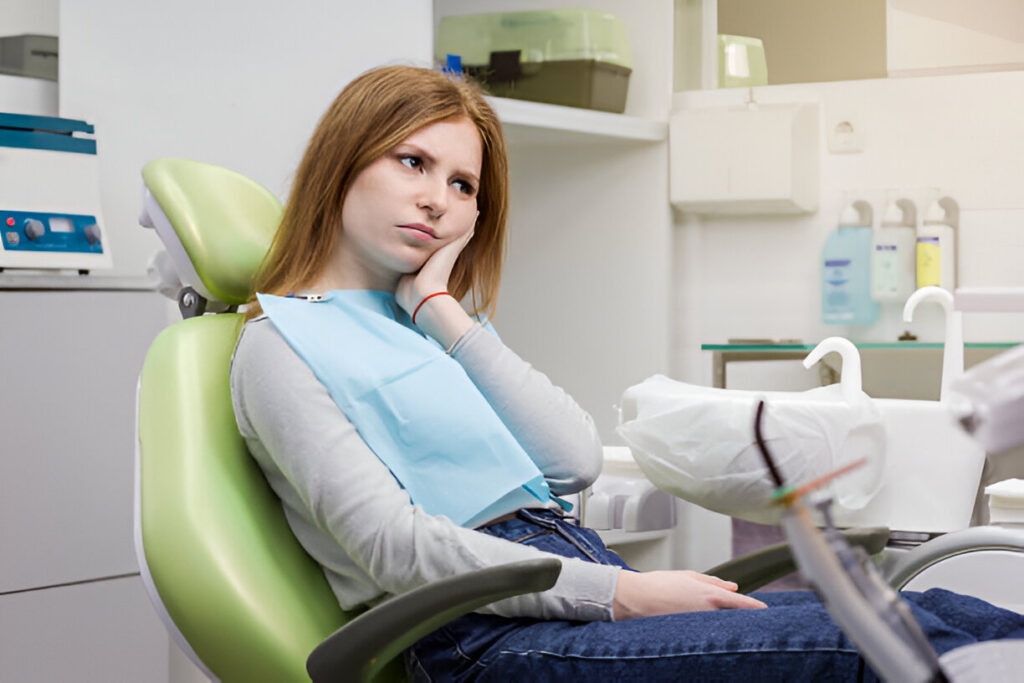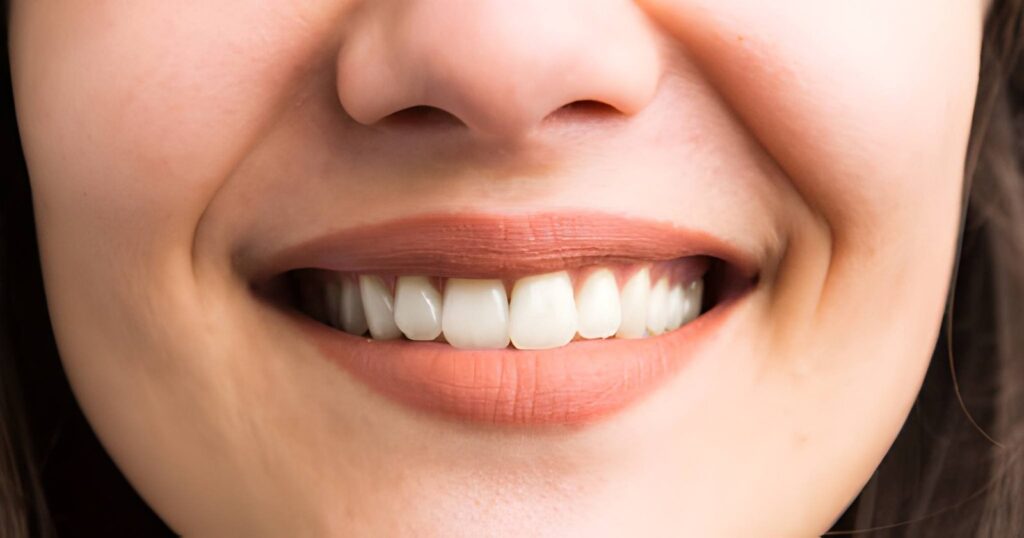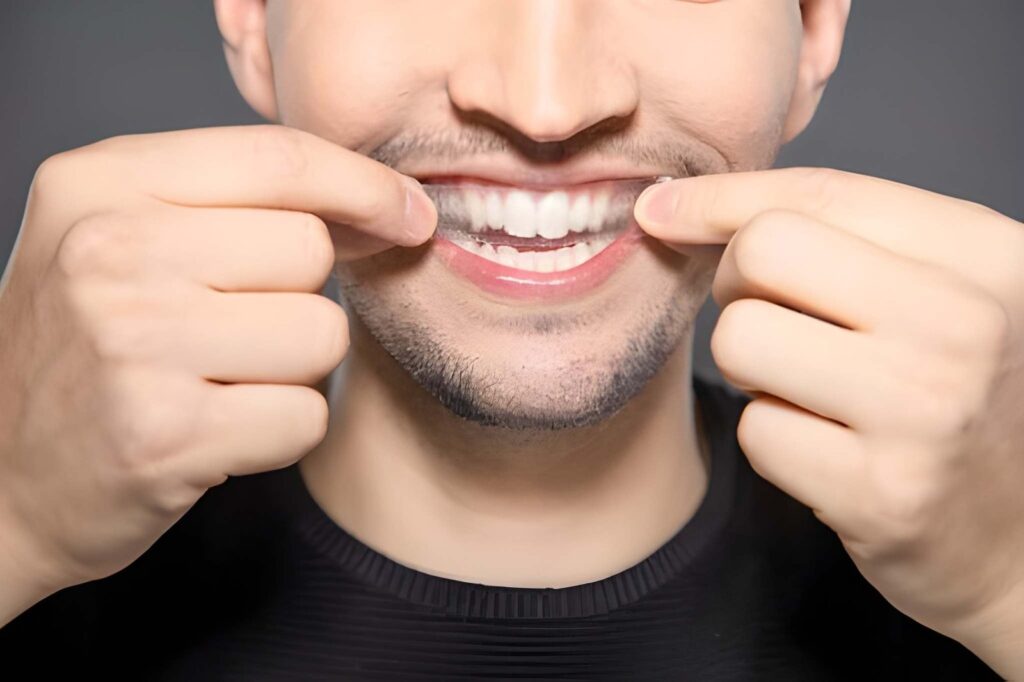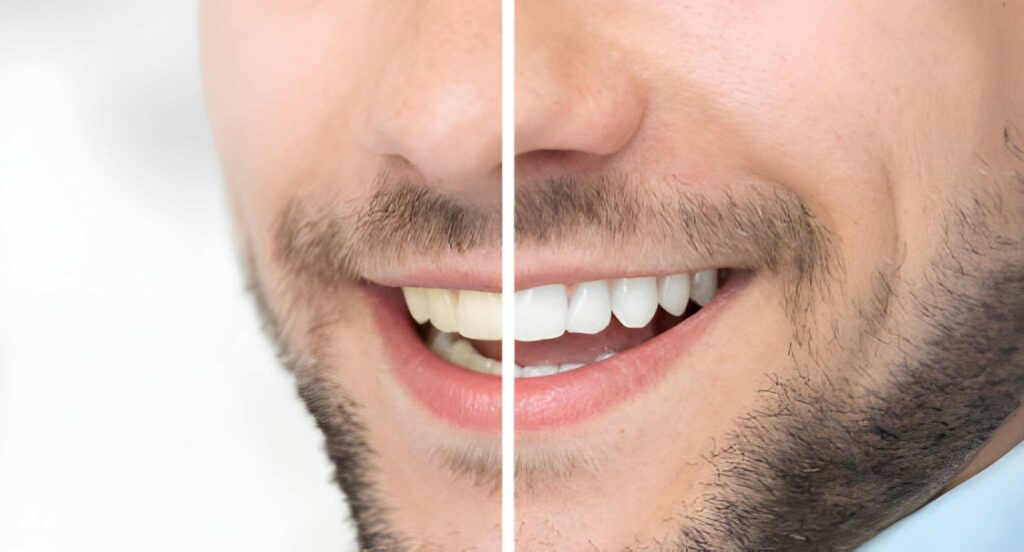Dental emergencies can strike at any time, and when they do, they often come with intense pain, stress, and uncertainty. Knowing what steps to take and where to go for urgent dental care in Aberdeen can make a huge difference in managing the situation effectively. Whether you are dealing with a knocked-out tooth, severe toothache, or a dental injury, here’s what you need to know to handle a dental emergency with confidence.
What Qualifies as a Dental Emergency?
Dental emergencies include a range of situations that require immediate attention. These emergencies can be painful and, if not treated quickly, may lead to long-term damage. Some common dental emergencies include:
- Toothache: Severe tooth pain that doesn’t go away.
- Broken or Cracked Tooth: A broken tooth that causes sharp pain.
- Knocked-Out Tooth: A tooth that has been completely dislodged from its socket.
- Facial Swelling: Swelling around the face or mouth, indicating infection.
- Bleeding Gums: Excessive bleeding from gums that doesn’t stop.
- Lost Fillings or Crowns: When a filling or crown comes loose.
Lost Tooth? Find Help at an Emergency Dentist in Aberdeen
Immediate Steps to Take in a Dental Emergency
- Control the Pain: If you are experiencing pain, rinse your mouth with warm water and use a cold compress on your cheek to reduce swelling. Over-the-counter pain relief can help manage discomfort, but it’s essential to visit a dentist as soon as possible for proper treatment.
- Stop the Bleeding: For any dental injury that involves bleeding, use a clean piece of gauze or cloth to apply gentle pressure to the affected area. If bleeding persists after 15 minutes, it’s important to seek immediate care from a dentist.
- Save a Knocked-Out Tooth: If a tooth has been knocked out, time is crucial. Pick up the tooth by the crown (the part that’s visible) and rinse it gently with water to remove any dirt. If possible, place the tooth back into its socket and bite down on a clean cloth to keep it in place. If you can’t reinsert the tooth, place it in a container with milk or saliva and get to the dentist immediately.
- Avoid Home Remedies: While it may be tempting to use homemade remedies, avoid placing aspirin directly on your gums or affected tooth, as it can burn the tissue. Also, don’t try to fix broken teeth or fillings yourself.
Dealing with Tooth Pain? Emergency Dentist Aberdeen Can Help
Where to Seek Urgent Dental Care in Aberdeen
In Aberdeen, there are several options available for urgent dental care. If you’re already registered with a dentist, reach out to your dental practice directly for an emergency appointment in Aberdeen. Many practices offer same-day dental appointments or emergency slots during business hours to address immediate dental concerns. If it’s outside of regular hours, you can contact the NHS dental information and advice line, which will direct you to the nearest available same-day dental care in Aberdeen.
Will Emergency Dentists Take a Tooth Out?
What to Expect During an Emergency Dental Appointment
When you visit a dental practice for an emergency appointment, expect a thorough examination. The dentist will assess the situation and determine the best course of action based on the severity of the emergency. If you are in pain, the dentist will prioritise pain relief first, using methods such as anaesthesia or other treatments. After addressing the immediate concern, the dentist will discuss long-term solutions or follow-up treatments if necessary.
It’s important to communicate openly with your dentist about your symptoms, including the duration of pain or any changes in the condition of your teeth or gums. This helps the dentist make a more accurate diagnosis and plan the best treatment.
Aftercare Tips for Common Dental Emergencies
Once you have received treatment for your dental emergency, follow these aftercare tips to ensure proper healing:
- Rest and Recovery: After any dental treatment, rest is key to allowing your mouth to heal properly. Avoid eating hard or chewy foods that may put pressure on the treated area.
- Pain Management: Continue to use over-the-counter pain relief as prescribed by your dentist. If pain persists or worsens, contact your dentist immediately.
- Maintain Oral Hygiene: Even after an emergency, it’s essential to continue brushing and flossing, but be gentle around the treated area to avoid irritation.
- Follow-Up Appointments: Depending on the nature of your emergency, you may need a follow-up appointment to check the healing process or to complete treatment.
Do You Have to Pay for Emergency Dentist in the UK?
How to Prevent Future Dental Emergencies
While dental emergencies can’t always be predicted, there are steps you can take to reduce the likelihood of them occurring:
- Wear a Mouthguard: If you play sports or grind your teeth at night, wearing a custom mouthguard can protect your teeth from trauma.
- Practice Good Oral Hygiene: Brushing your teeth twice a day, flossing daily, and visiting your dentist for regular check-ups can help prevent many dental emergencies caused by decay or gum disease.
- Avoid Hard Foods: Chewing on hard objects or foods like ice, popcorn kernels, or hard candy can increase the risk of tooth fractures.
Will an Emergency Dentist Extract a Tooth?
Conclusion
Dental emergencies are never convenient, but knowing how to handle them can make a significant difference in getting the right care quickly. Whether you’re dealing with tooth pain, a lost tooth, or facial swelling, following the steps outlined above and knowing where to go for urgent dental care in Aberdeen will help ensure a swift recovery. Remember, don’t hesitate to contact a dental professional as soon as possible to alleviate pain and prevent further complications.
If you are in need of urgent dental care in Aberdeen, make sure to reach out to your dentist or call NHS 24 for immediate assistance. Your dental health is important, and prompt action can make all the difference in your recovery.
Frequently Asked Question
What qualifies as a dental emergency?
A dental emergency includes severe tooth pain, broken or knocked-out teeth, facial swelling, uncontrolled bleeding, or dental trauma. If you are unsure, it’s best to contact a dentist immediately.
What should I do if I have severe tooth pain?
Rinse your mouth with warm water and use a cold compress on your cheek to reduce swelling. Take over-the-counter pain relief and contact a dentist as soon as possible.
How can I save a knocked-out tooth?
If a tooth is knocked out, pick it up by the crown (the visible part), rinse it gently, and try to place it back in its socket. If this isn’t possible, place it in milk or saliva and get to a dentist immediately.
Where can I get urgent dental care in Aberdeen?
If you’re registered with a dentist, contact them immediately for an emergency appointment. For unregistered patients, NHS Grampian Dental Information and Advice Line (DIAL) or NHS 24 can help direct you to the nearest available dental service.
What should I do if I have facial swelling or a dental abscess?
Facial swelling could indicate an infection. Rinse your mouth with warm water and apply a cold compress. You may need antibiotics or further treatment, so contact a dentist as soon as possible.
Will I need to pay extra for emergency dental care?
There may be an additional charge for emergency consultations, especially outside regular hours. Always ask about any potential fees when making the appointment.
Can dental emergencies be treated the same day in Aberdeen?
Many dental practices offer same-day appointments for urgent dental care. Contact your dentist early to increase your chances of being seen quickly.
What should I do if I lose a filling or crown?
If you lose a filling or crown, avoid chewing on the affected side. You can use dental repair kits available at pharmacies to temporarily fill the space until you see your dentist for a proper fix.




